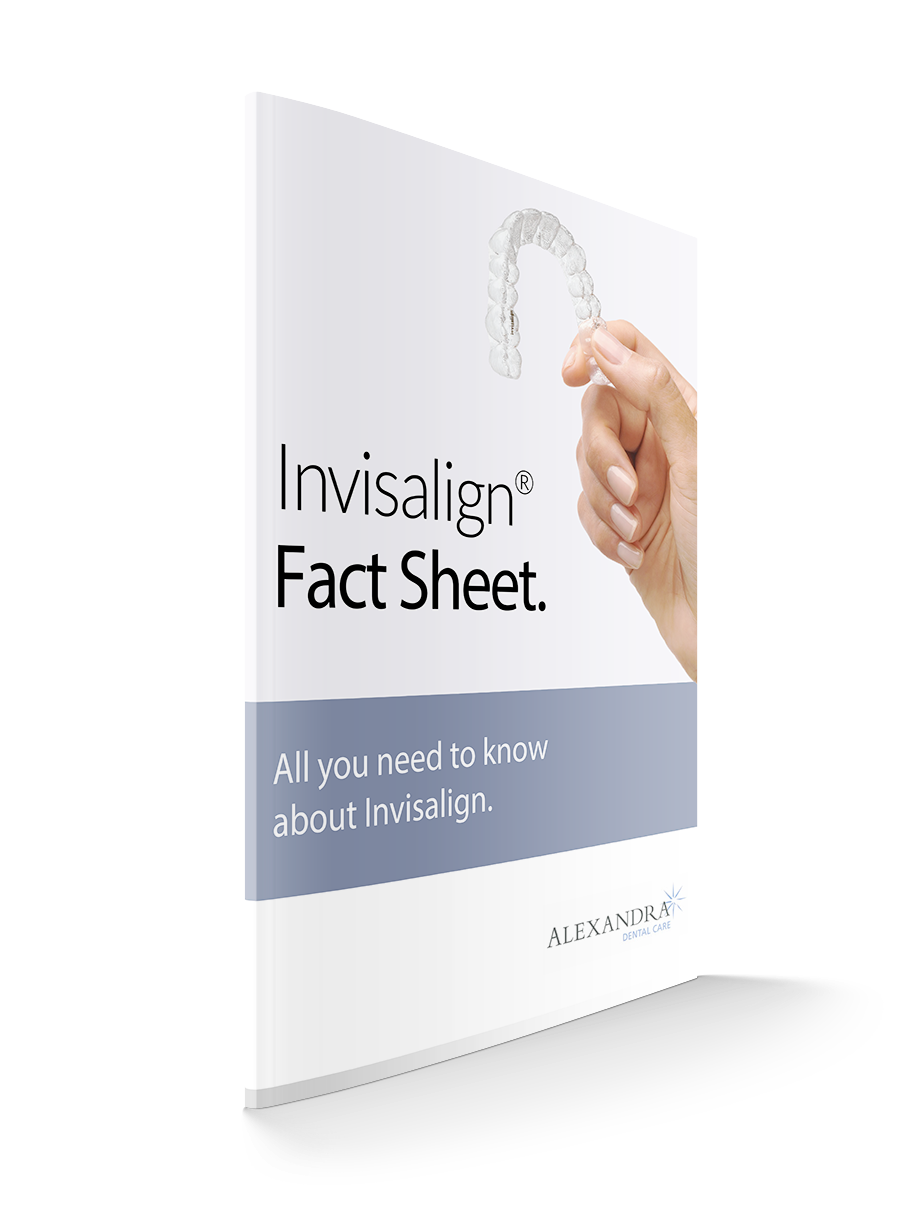Asthma – What You Need To Know To Help Maintain Good Oral Health
Asthmatics may be at additional risk for unhealthy teeth and gums….
It is estimated that there are around 5.5 million people in the UK who suffer from asthma. The degree to which they will suffer will vary of course, but a large percentage will need to use inhalers to control this illness. Given ongoing pollution problems, especially in cities, and the increased risk that the colder weather can bring to asthma sufferers, we thought that we would use today’s blog to take a look at some of the side effects of this illness that could affect our Burton and Ashby patients, along with advice to offset the added risks.
Mouth breathing
One of the biggest problems for asthmatics, with regard to their teeth and gums, is that they can tend to breathe more through their mouth rather than their nose. In doing so, the mouth becomes significantly drier. As you will know from some of our previous Alexandra Dental Care blogs, a dry mouth is one of the factors that can lead to gum disease as the lack of saliva allows potentially harmful bacteria to thrive and attack the soft tissues surrounding the teeth. Correct use of your inhaler may help to reduce this but there is every likelihood that you will still ‘mouth breathe’ more than non asthma sufferers.
To help to counter this, make sure that you stay well hydrated, especially before you go to bed, by drinking sufficient water. This will help to keep the mouth a little more moist and minimise the impact that gingivitis and periodontitis can have on your oral health.
Inhalers
Many asthma sufferers will not not only use a relief inhaler (the blue one) but also a preventative one (the brown one). If you do use a preventative inhaler, it is important to remember that the ingredients in it are slightly acidic and can cause damage to the enamel of your teeth over a period of time. As, unlike the ‘reliever’ inhaler, the brown one is usually used at regular times of the day, try to use it just before you would normally brush your teeth. If you brush your teeth immediately after using the brown inhaler, you will remove the acids quickly and help to eliminate any potential harm that may be done to the tooth enamel.
Another issue that can arise from their use, especially on children, is that it can create a ‘mottling’ effect on the tooth enamel. At the very least, both adults and children should swill their mouths with water as soon as they have used a preventative inhaler.
Dental anxiety
One thing that we know can trigger an asthma attack is when the person becomes stressed or anxious. We also know that some patients can experience this when they have a dental appointment. Although the team at our Swadlincote practice make sure to help patients stay as calm as possible, we also need to know if you are asthmatic so that we can take extra care. Indeed, you should always keep us up to date with your medication so that we can keep a note of this in case any of them have a potential impact on any treatment you might need to receive. If you are prone to dental anxiety, or even if not, as an asthmatic, we recommend that you have your inhaler readily available should you need to use it during any treatment or even check up, depending on the level of your anxiety.
With the colder months ahead, we hope that all of our patients, and especially those with asthma, will do all that they can to take care of themselves. An important part of an overall health plan is to make sure that your teeth and gums remain in good health. If you have a dental problem that you would like us to check, or if you would like to make a general appointment to see a dentist or hygienist, please call Alexandra Dental Care today on 01283 216347.
Google+
Comments are closed.